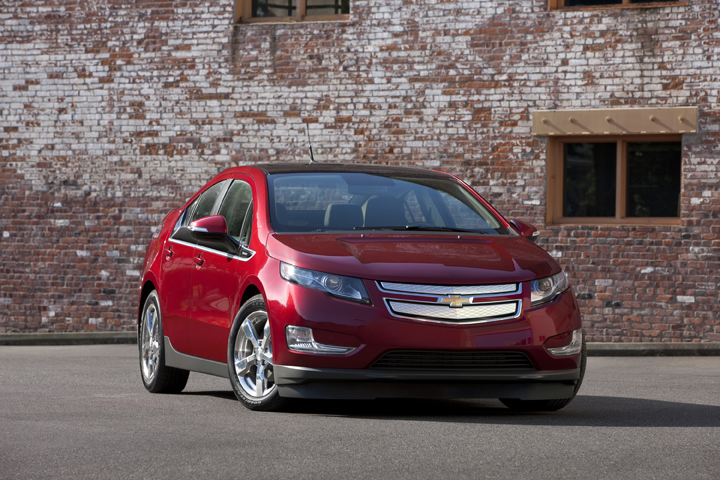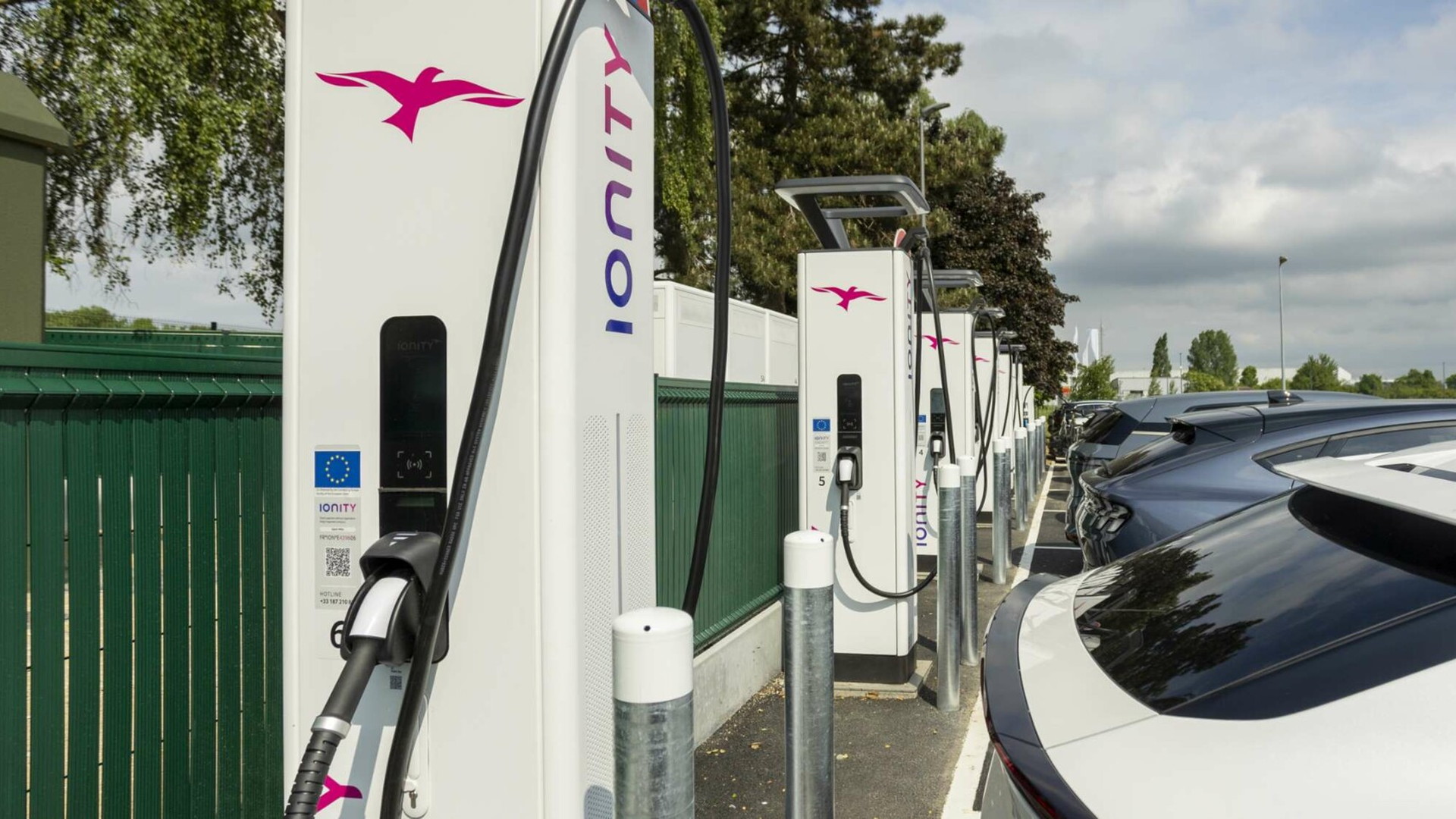Five years ago, Chevrolet made two commitments to reduce its carbon footprint.
In December 2010 it launched the first-generation Volt as part of the initial wave of mass-market electric cars.
That same year, it also pledged to invest $40 million in projects to reduce carbon emissions.
DON'T MISS: GM Looks Local For $40M Carbon-Reduction Initiative (Nov 2010)
Now, Chevrolet says its Clean Energy Initiative has met its carbon-reduction goal.
Over the past five years, the program prevented 8 million metric tons (8.8 million U.S. tons) of carbon dioxide from entering Earth's atmosphere, Chevy says.
This was achieved through investments in 38 clean-energy projects in 29 states.

IdleAir truck-stop electrification
They included projects to power a Virginia hospital with landfill gas, increase energy efficiency on college campuses, and electrify truck stops--to cut down on engine idling--in nine states.
ALSO SEE: Chevrolet Volt Drivers Pass 500 Million Miles On Electricity (Jun 2014)
Chevy purchased carbon credits worth an estimated $5 million to help 11 colleges pay for energy-efficiency based carbon reductions.
Those credits were simply retired, rather than used to offset the emissions of cars and trucks produced by Chevy.

2011 Chevrolet Volt
The colleges got funding for efficiency-related improvements, which will lead to lower utility bills as well as long-term emissions reductions.
MORE: Chevy, Nissan Reveal Second-Life Uses For Electric-Car Batteries
Funds were also used for forest sequestration in Alaska, California, Oregon, Pennsylvania, and South Carolina.
The program was run through partnerships with several organizations, including the Bonneville Environmental Foundation, Climate Neutral Business Network, Verified Carbon Standard, DNV GL, American College and University Presidents' Climate Commitment, U.S. Green Building Council, and the Association for the Advancement of Sustainability in Higher Education.
_______________________________________________












